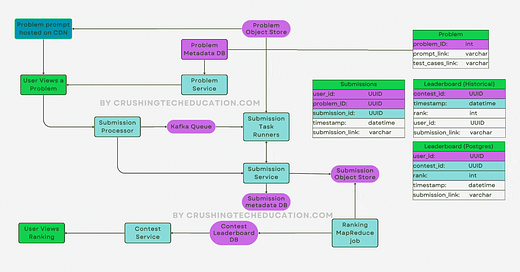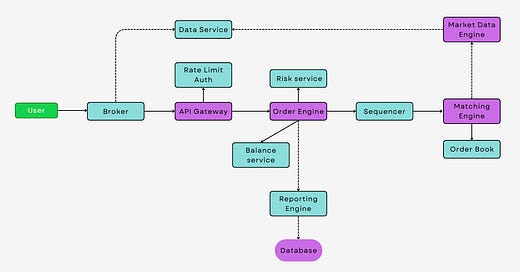
When do you delegate vs own (as engineering manager)
What is it that you can simply not delegate as an engineering manager
Delegation is a cornerstone of effective management, enabling the distribution and management of tasks across a team. More than just offloading work, delegation is a strategic tool that promotes team growth and skill development
There are several key scenarios where delegation is particularly beneficial:
Skill Enhancement and Team Development: Delegation is most effective when it is used as a tool for team members’ skill development. This can range from technical skills, like learning a new programming language, to soft skills, like improving communication or leadership abilities. By delegating tasks that align with individual team members’ growth trajectories, an engineering manager not only ensures the task is completed but also invests in the team’s long-term capabilities.
Effective Workload Management: An engineering manager often juggles multiple responsibilities and tasks. Delegating allows for a more efficient distribution of work, ensuring that the manager’s focus remains on high-priority items that necessitate their expertise and attention. By identifying tasks that team members can handle competently, the manager ensures a balanced workload across the team while focusing on areas that require their unique skills and experience.
Empowering the Team: Delegation is a powerful tool for empowering team members. It fosters a sense of ownership and responsibility among team members, which can lead to heightened motivation and job satisfaction. Empowered teams are more likely to take initiative, propose innovative solutions, and feel more invested in the project’s success.
Preparing Future Leaders: For long-term team sustainability, it’s crucial to identify and prepare future leaders. Delegating important tasks and leadership roles to potential leaders within the team can be an effective way to groom them for future managerial or technical leadership positions.
When Ownership by the Engineering Manager is Essential
While delegation plays a critical role in team management, there are situations where the engineering manager needs to take direct ownership:
Critical Decision Making: Decisions that have a significant impact on the project’s direction, technological strategy, or company policy should be squarely in the manager’s domain. These decisions often require a depth of experience and a broad understanding of the project’s implications on the overall business strategy.
Handling Conflicts and Sensitive Issues: Conflict resolution and handling sensitive interpersonal issues demand the manager’s intervention. The authority and neutrality that a manager brings to these situations are crucial for effective resolution and maintaining a positive team environment.
High-Stakes Negotiations: Negotiations with clients, stakeholders, or senior management often necessitate the manager’s involvement. These negotiations can have far-reaching consequences, and the manager’s experience and authority are critical in these high-stakes situations.
Personalized Mentoring and Coaching: While certain aspects of mentoring can be delegated, the responsibility of coaching team members, particularly in areas related to career growth and professional development, often falls to the manager. This personalized guidance is instrumental in shaping the career trajectories of team members.
Finding the Balance Between Delegation and Ownership
The hallmark of an effective engineering manager is the ability to find the right balance between delegating tasks and taking direct ownership. To achieve this, managers should:
Evaluate Each Situation Carefully: Before deciding to delegate or take ownership of a task, it’s important to consider the complexity of the situation, the team’s skill set, and the potential learning opportunities for team members.
Ensure Clear Communication: Regardless of whether a task is delegated or owned by the manager, clear communication is paramount. This clarity helps in setting expectations and understanding roles and responsibilities.
Trust and Monitor: Trusting the team with delegated tasks is essential, but so is setting up mechanisms for regular check-ins and feedback. This approach ensures that tasks are progressing as planned, without resorting to micromanagement.
An engineering manager’s effectiveness is largely determined by their ability to discern when to delegate and when to take ownership. This balancing act is critical not only for the manager’s own efficiency but also for the growth, empowerment, and success of their team. By mastering the art of delegation and knowing when to step in and take charge, an engineering manager can lead a dynamic, skilled, and highly motivated team.












